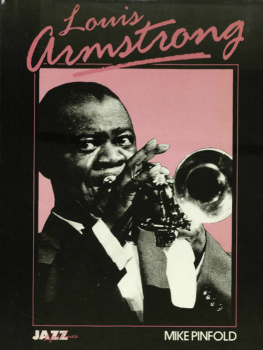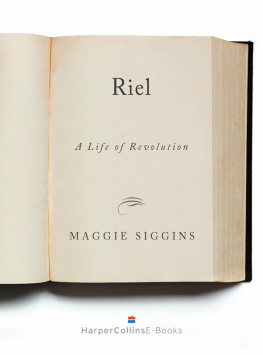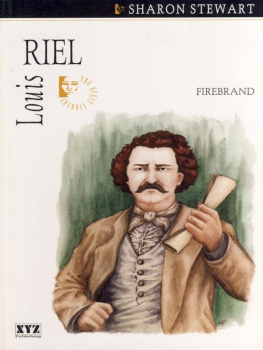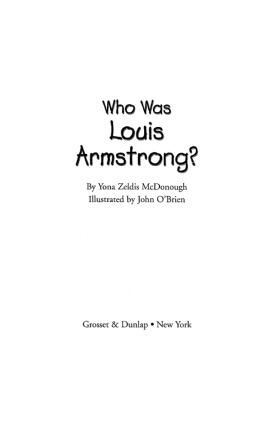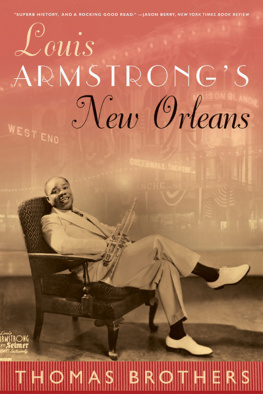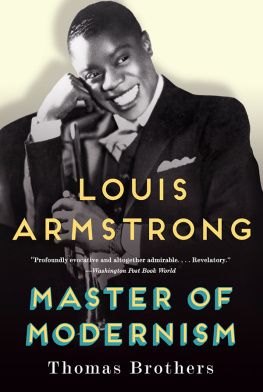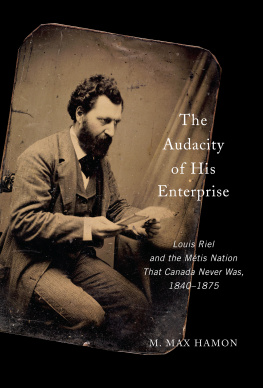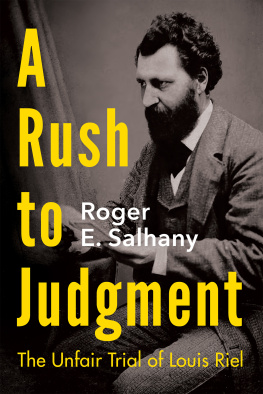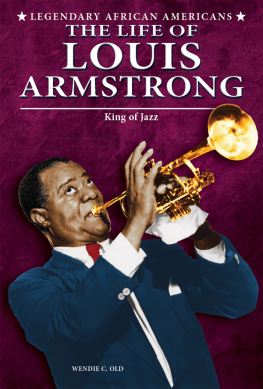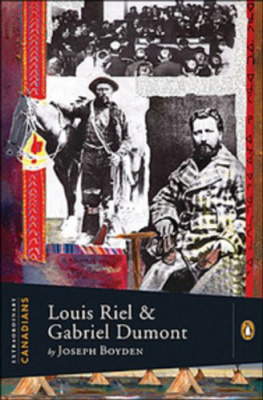MUDEATER
AN American Buffalo Hunter
and the Surrender of Louis RIEL
John D. Pihach

2017 John D. Pihach
All rights reserved. No part of this work covered by the copyrights hereon may be reproduced or used in any form or by any means graphic, electronic, or mechanical without the prior written permission of the publisher. Any request for photocopying, recording, taping or placement in information storage and retrieval systems of any sort shall be directed in writing to Access Copyright.
Printed and bound in Canada at Marquis. The text of this book is printed on 100% post-consumer recycled paper with earth-friendly vegetable-based inks.
Cover and text design: Duncan Campbell, University of Regina Press
Copy editor: Meaghan Craven
Proofreader: Kristine Douaud
Indexer: Patricia Furdek
Cover art: Robert Armstrong, circa 1925. Courtesy Glenbow Archives, NB-16-552.
Library and Archives Canada Cataloguing in Publication
Pihach, John D., author
Mudeater : an American buffalo hunter and the surrender of Louis Riel / John D. Pihach.
Includes bibliographical references and index.
Issued in print and electronic formats.
ISBN 978-0-88977-458-2 (paperback). ISBN 978-0-88977-462-9
(PDF).ISBN 978-0-88977-463-6 ( HTML )
1. Mudeater, Irvin, 1849-1940. 2. Wyandot IndiansBiography.
3. Riel Rebellion, 1885Scouts and scouting. 4. Riel, Louis, 1844-1885.
5. Frontier and pioneer lifeWest (U.S.). 6. West (U.S.)Biography.
7. Canada, WesternBiography. I. Title.
E99.H9M83 2017 970.004'97555 C2016-907119-7 C2016-907120-0
10 9 8 7 6 5 4 3 2
University of Regina Press, University of Regina
Regina, Saskatchewan, Canada, S4S 0A2
tel: (306) 585-4758 fax: (306) 585-4699
web: www.uofrpress.ca
email: uofrpress@uregina.ca
We acknowledge the support of the Canada Council for the Arts for our publishing program. We acknowledge the financial support of the Government of Canada. / Nous reconnaissons lappui financier du gouvernement du Canada. This publication was made possible through Creative Saskatchewans Creative Industries Production Grant Program.



Contents
Contemporary Accounts, Early Histories and
Reminiscences, and More Recent Histories
Appendix 2: Riels Apprehension:
Accounts by the Three Captors
Acknowledgements
It is only by chance that Robert Armstrong came to my attention. During a conversation one day, my neighbour, Trevor Wheeler, informed me that his great-grandfather, Robert Armstrong, was the man who captured Louis Riel. Mr. Wheeler has my gratitude for sharing his knowledge of his ancestor with me and for informing me that Armstrong had written an account of his checkered life, that he had a copy of that memoir, and that a relative in the United States had the original manuscript. It is with the kind permission of Ella Melendrez, a resident of California and a granddaughter of Robert Armstrong, that the memoir is included in this book. Ella has been very co-operative and helpful, and I was touched when she travelled from California to visit me in Saskatchewan.
Armstrongs great-granddaughter, Eleanor Peppard, has my thanks, also, for supplying me with a photograph of Armstrong and some materials that were useful in my research. Thanks to another of Armstrongs great-granddaughters, Judy Lalonde, for answering some questions. My friend, Garry Radison, author of biographies of Wandering Spirit and Fine Day, read a draft of the manuscript and made valuable suggestions. My sister Maryellen Doucette saved me considerable time by typing Armstrongs handwritten manuscript. Thanks also to Elmer and Loretta McInnes, who took time off their work at the Kansas State Historical Society to look into matters related to this book. I am appreciative of the co-operative assistance provided by the staff at the Provincial Archives of Saskatchewan, Archives of Manitoba, Glenbow Archives, Special Collections at the University of Saskatchewan Library, and the Batoche Museum. Jamie Benson, at the Prince Albert Historical Society, has on several occasions been supportive and helpful. Barbara Becker, of the Miami (Oklahoma) Public Library, provided me with useful information, as did the late Louise Kiefer, the college historian at Baldwin-Wallace University. My thanks also to Robert Bluthardt, Russell Bohach, Golda Foster, Elizabeth Grindstaff, William B. Shillingberg, Bill Waiser, and others whom I contacted during my research.
Getting a book on the store shelves involves much more than submitting a manuscript to a publisher. My appreciation to the staff at the University of Regina Press who were engaged in the many stages of this process. In particular, I would like to acknowledge the work of David McLennan, editor, who guided the pre-publication stages of the book and fortified the manuscript with his insights; Donna Grant, managing editor; and Duncan Campbell, art directorcongenial, talented professionals. I am also grateful to Meaghan Craven for her superb copy editing and comments.
Introduction
Robert Armstrong was born in Kansas in 1849. Before coming to Canada in 1882, he lived the life of a plainsman in the American West; he hunted buffalo for more than a decade, drove a stagecoach, and was caught up in skirmishes with the Indians of the Southwest. Soon after settling in Prince Albert, then part of the District of Saskatchewan, his life was interrupted by the 1885 conflict. Howard Angus Kennedy, a Montreal Daily Witness correspondent covering the North-West Resistance in 1885, met Robert Armstrong during that time and interviewed him again several decades later. In 1926 Kennedy wrote, All over the Dominion, in fact from Halifax to Victoria, you will find veterans of the 85 with lively recollections of Bob as a scout and dispatch rider with General Middletons command. Few, however, knew much more about him than the fact that he played the chief part in trailing and catching the fugitive Mtis leader.... His famous deed of 85, big as it was in our national life, was only one of a hundred sensational incidents in his. The famous deed that put Armstrong in the national spotlight was the apprehension of Louis Riel after the fall of Batoche.
Next page

